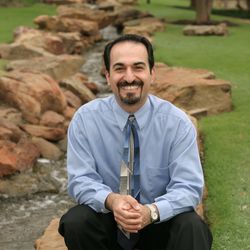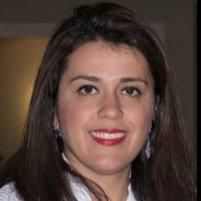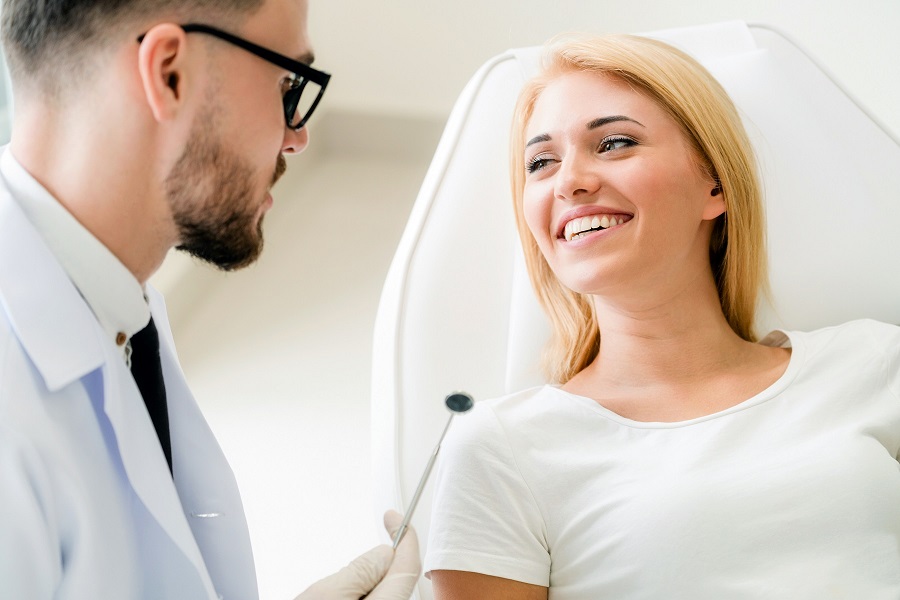Many major dental procedures can be prevented by maintaining good oral health or by treating problems early. A dental extraction is no different. There are some cases when a dental extraction would not have been able to be avoided, but many extraction scenarios could have been prevented. A common cause for dental extraction is severe decay or infection. Decay can be spotted early on, treated (or even reversed) long before it progresses to the point of infection or a necessary extraction. A severely damaged tooth may require extraction. A damaged tooth may be caused by an accident or tooth trauma that could not have been prevented. However, some tooth damage is the result of a tooth weakened by cavities, bruxism, or other treatable situations.
Severe Decay
Tooth decay is a progressive disease or a disease that continues to get worse until it is treated. Tooth decay does not going away on its own. Once decay erodes away the enamel, your dentist can treat it with a filling which will stop the progress of the decay. If it is not stopped, the decay will continue on into the tooth inflicting pain and inflammation to the inner pulp of the tooth. At this point a root canal treatment can stop the decay and restore the tooth. Without it, the tooth may become so severely decayed or infected that an extraction may be needed to protect your overall health.
Severe Damage
Tooth decay can weaken the enamel of the tooth to the point that you may break the tooth in half eating a simple meal. Bruxism, or grinding of the teeth, can cause tiny fractures in your teeth that leave them weak and susceptible to breakage. Mouth guards can be worn during sports to prevent any serious accidents or injury to the teeth. A severely damaged tooth may need to be extraction to make way for the replacement. Your dentist’s first goal will be to save the tooth, so if possible, a crown may be applied to the broken tooth in lieu of extraction.
A tooth extraction is always the last resort
A necessary extraction may be necessary to protect your health. To schedule a consultation with Dr. Vahadi, call 972-335-7100. We proudly welcome patients from Frisco and all surrounding communities, including Dallas, Plano, McKinney, Prosper, The Colony, Carrollton, Lewisville, and more.
Visit Our Office
Frisco, TX
11500 State Highway 121, Suite 210, Frisco, TX 75035
Email: info@lonestardentalcare.com
Book NowOffice Hours
- MON8:00 am - 5:00 pm
- TUE - WED8:00 am - 7:00 pm
- THUBy appointments only
- FRI - SAT8:00 am - 1:00 pm
- SUNClosed








